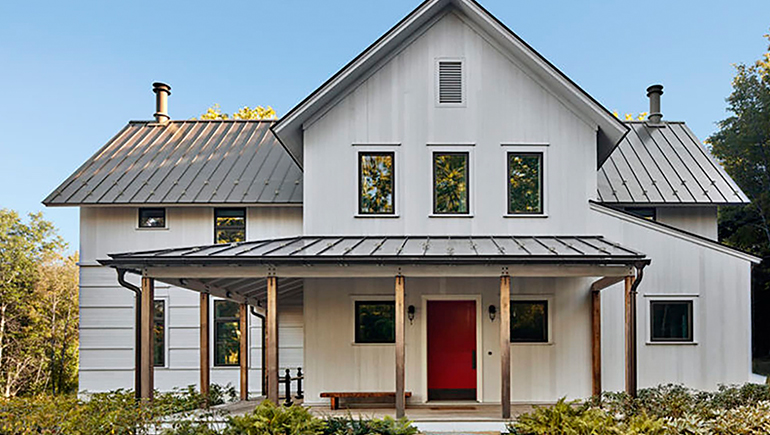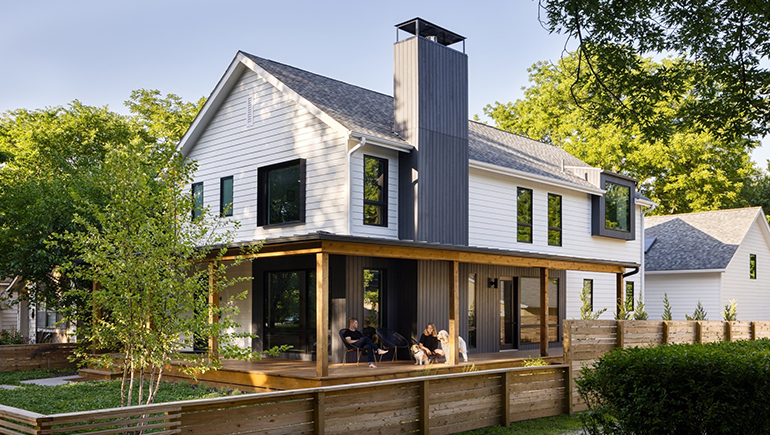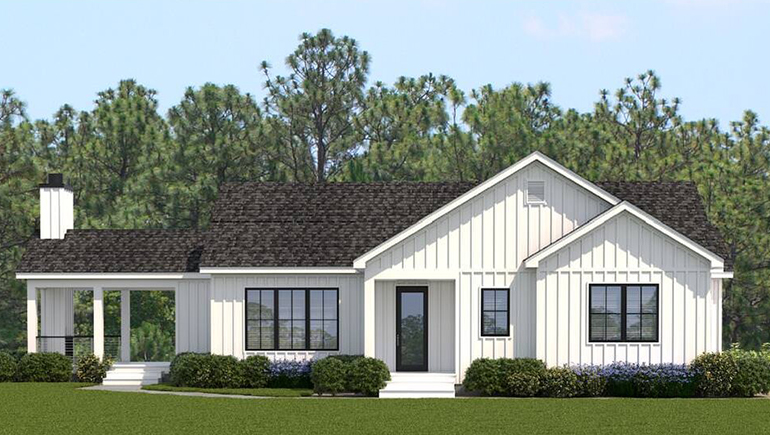- Speed of Construction: Compared to traditional construction methods, modular homes can be built faster because much of the construction work is done simultaneously in the factory while site preparation occurs. This can result in significant time savings.
- Quality Control: The controlled factory environment ensures that each module is built to high-quality standards. This can lead to fewer defects and better craftsmanship compared to on-site construction.
- Cost-Effectiveness: While the initial cost of a modular farmhouse can be comparable to traditional construction, savings can be realized in reduced construction time and fewer unexpected expenses.
- Energy Efficiency: Many modular homes are designed with energy efficiency in mind. They often include modern insulation, energy-efficient windows, and HVAC systems, which can lead to lower energy bills over time.
- Environmental Impact: Modular construction can be more environmentally friendly than traditional construction methods. It generates less waste during the building process and can be designed to incorporate sustainable materials and practices.
- Flexibility: Modular homes can be designed to be easily expandable or adaptable in the future. Additional modules can be added as your needs change, allowing for flexibility in living space.
Overall, a modular farmhouse combines the charm and functionality of a traditional farmhouse with the efficiency and modernity of modular construction techniques, making it a popular choice for many homeowners.



















